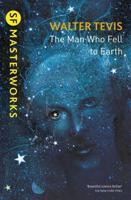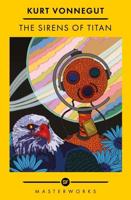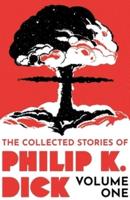Publisher's Synopsis
In this prophetic allegory about artificial intelligence by a renowned figure of twentieth-century Italian literature, a modest university professor becomes involved in a remote and enigmatic project in the middle of the Cold War. At the beginning of Dino Buzzati's The Singularity, Ermanno Ismani, an unassuming university professor, is summoned by the minister of defense to accept a two-year, top-secret mission at a mysterious research center, isolated from the world among forests, plunging cliffs, and high mountains. What's he supposed to do there? Not clear. How long will he be there? No saying. Still, Ismani takes the mystifying job and, accompanied by his no-nonsense wife, Elisa, heads to the so-called Experimental Camp of Military Zone 36, wondering whether, in the midst of the Cold War, it's some sort of nuclear project he's been assigned to. But no, the colleagues the couple meets on arrival assure them, it's nothing like that. It's much, much more powerful. At the center of the research complex is strange, shining, at times murmurous, white wall. Behind it, a deep gorge drops away, full of wires and radio towers and mobile sensors and a host of eccentric structures. A question begins to dawn: Could this be the shape of consciousness itself? And if so, whose? Buzzati's novella of 1960, a pioneering work of Italian science fiction, is published here in a brisk new translation by Anne Milano Appel. In it, Buzzati explores his favorite themes of love and longing while offering a startlingly prescient parable of artificial intelligence.










